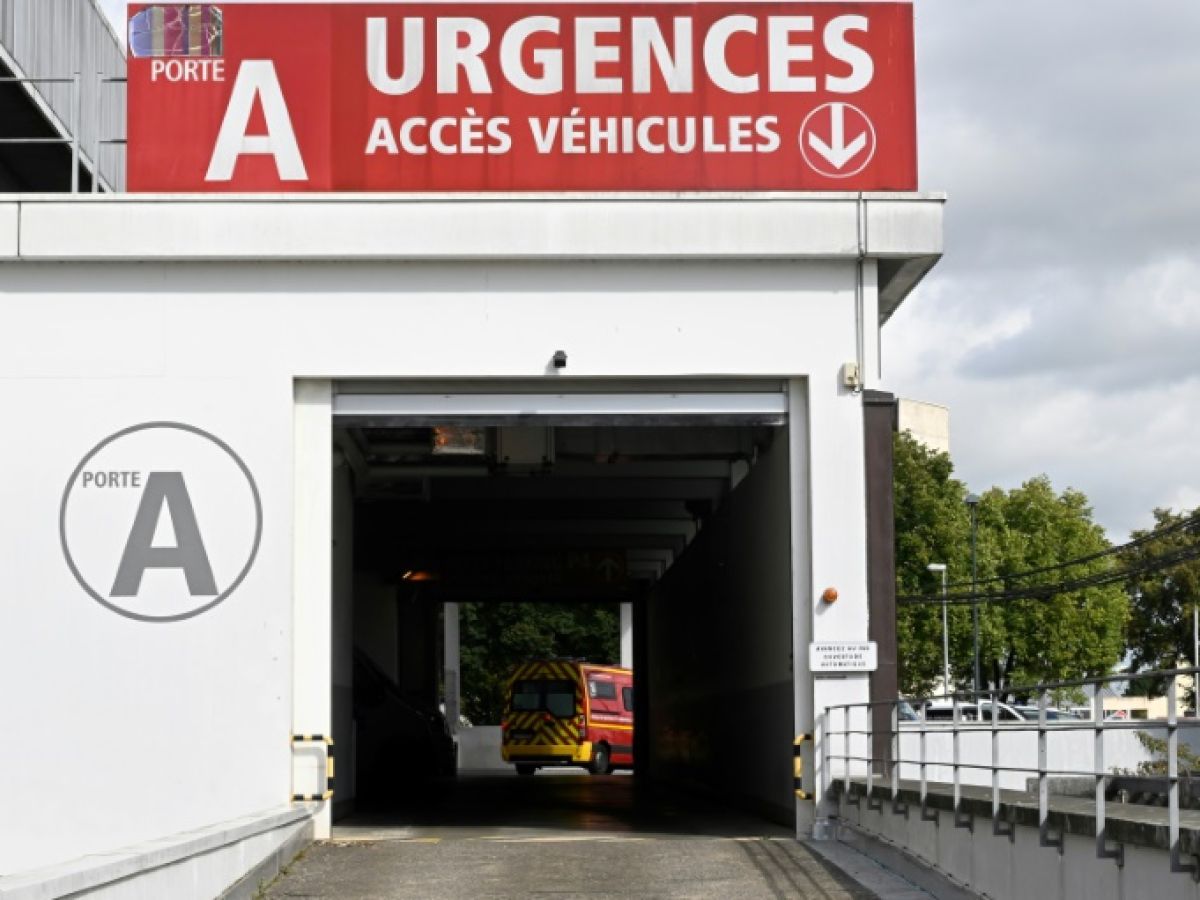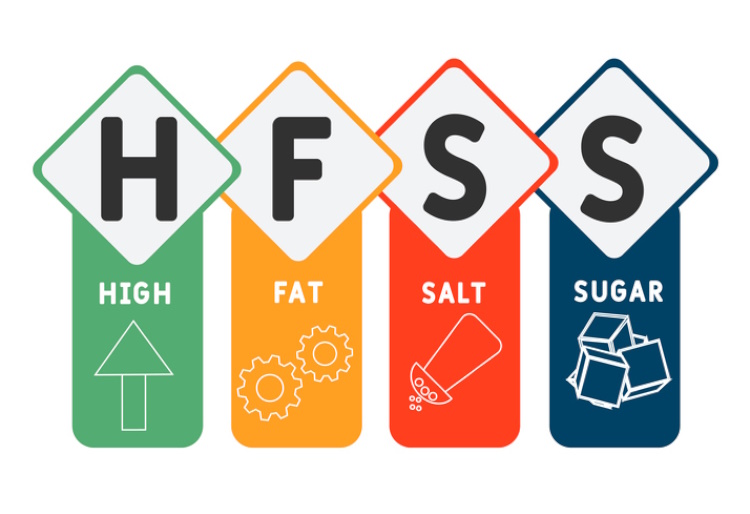The Olympic Games "bubble" may mask the difficulties in places, but as every summer, the situation is tense in hospital emergency departments, with numerous regulatory measures and even closures announced across France.
Almost everywhere, the regional press reports the difficulties hospitals have in ensuring the smooth running of their emergency services, due in particular to an endemic lack of staff which becomes glaring during holiday periods.
"Deaths, up to seventy hours of waiting... A tense summer in the emergency room of the Nantes University Hospital," wrote the daily newspaper Ouest-France this week.
"At least 340 beds have been administratively closed due to lack of staff," denounces the FO union of this establishment, worrying about "numerous signs of exhaustion" among hospital staff.
The Dauphine Libération, for its part, mentions a "daily fight" in hospitals in Isère for the opening of emergency rooms in the summer.
Endless waiting times, regulatory measures (no access to emergency services without first calling 15) or even outright closures of the service: the problems affect the entire territory.
"We have this Olympic Games bubble that overlooks everything and erases the difficulties," but "if we look at the situation in hospitals we realize that the situation is at least equal, if not worse than that of 2023," Dr. Marc Noizet, president of the emergency doctors' union Samu Urgences de France, told AFP.

In the Ile-de-France region and in other places hosting Olympic events, he admits, "work has been done to ensure that there are sufficient resources."
"But in the rest of the territory, services are still suffering greatly," with "scattered closures," describes the doctor.
"We are identifying real areas of great fragility everywhere," he laments. And this affects "large establishments, such as the Metz University Hospital, which is struggling with even worse difficulties than last year."
In the west, the Caen University Hospital experienced major problems with overcrowding in its emergency department in mid-July, with the service's doctors filing a strike notice – ineffective because it was followed by immediate requisitions.
– “Not audible” –
"Currently, the service is operating with 30 % of the theoretical workforce," explained Florian Michel, one of the emergency doctors at the CHU, on France 3 Normandie.
The Rennes University Hospital has for its part warned that its emergency departments, like those of two private clinics in the urban area, would no longer be accessible until after notification from 15, between August 9 and 18. A first for this large regional hospital.
The case of Rennes illustrates a phenomenon denounced by Dr. Noizet, with emergency services of private hospitals "which give themselves the possibility of closing" due to lack of caregivers, by transferring the burden to the public hospital. "This is new and it is not acceptable."
For the president of Samu Urgences de France, the Regional Health Agencies (ARS) must take the bull by the horns and impose "more efficient management of resources" at the level of each territory.
According to a survey published in July by Drees, the statistical service of the social ministries, France had 719 emergency services in mid-2023, which had received between 10 and 290 patients on the day of the survey.
"In a recurring context of staff shortages", 54 of these emergency services (8%) "had to close completely at least once between mid-March and mid-June 2023", including 23 forced to close during the day and not just at night.
The regions of Pays de la Loire, Occitanie and Auvergne-Rhone-Alpes "are the most affected" by these episodes of complete closure, half of which affected the smallest services (less than 40 patients per day on average), the study noted.


